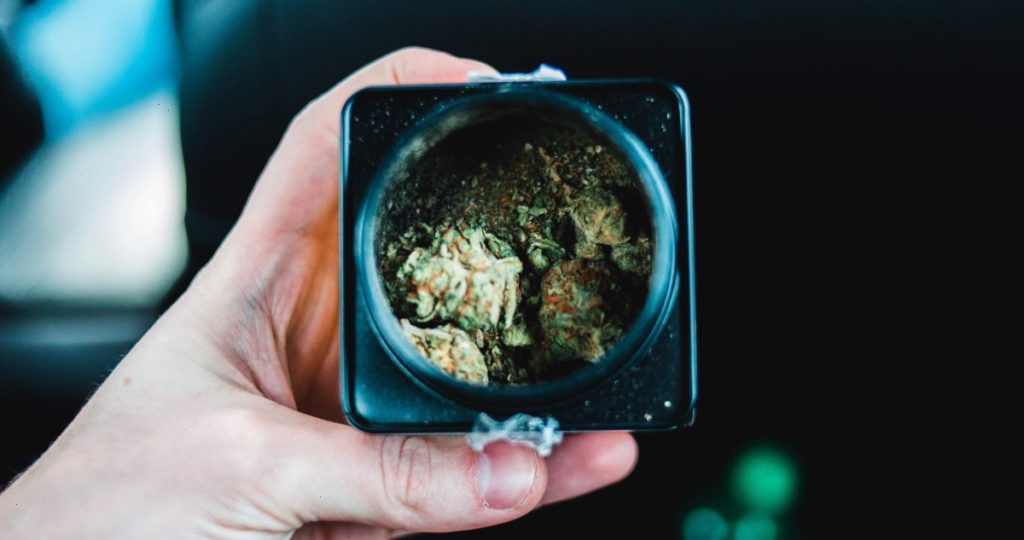Vancouver-Based Study Suggests That Cannabis Is A “Reverse Gateway Drug”

This Study Suggests Cannabis Can Have A Positive Impact On Humans.
Cannabis has long been labeled as a “gateway drug” by critics. We’ve heard it from middle school teachers, our parents, and government-sponsored anti-drug commercials: if you try pot, you’ll fall down a rabbit hole of uppers and downers, and you’ll be addicted to every substance imaginable.
However, one new Vancouver-based study suggests that the opposite is true. The study, titled, ’Something that actually works’: Cannabis use among young people in the context of street entrenchment,” breaks new ground by looking at the qualitative aspects of young people’s experience with cannabis as it pertains to rivaling drugs – an angle that has not been explored like this before, the researchers explain.
The study features in-depth interviews with youth-focused care providers and dozens of “street-involved” youth from Vancouver who, mostly, use cannabis on a daily basis. Researchers used these interviews as a starting point to draw conclusions about the youth’s perspective on cannabis, and among these conclusions is a point that many cannabis users have been waiting to hear for a long time. Among many youths, cannabis did not lead to greater harm like the “gateway drug” label suggests. Instead, they found that it functioned as a tool to reduce the damage of negative aspects of their lives.
In fact, none of the youth who were interviewed said that their cannabis use was strictly recreational. Participants indicated that they perceived cannabis as a healthier and more effective answer to their problems than long-term reliance on psycho-pharmaceuticals, or prescribed medications.
In fact, some interviewees indicated that using cannabis helped ease transitions out of street-based homeless. Take Jeremiah, a 21-year old participant:
“I’ve been sleeping on the beach for three months. I smoke a lot of weed. And then I don’t have sadness. My environment is still sad, but smoking weed helps me a lot. That’s very, like, therapeutic for me. And it just lets me, like, keep going.”
Ultimately, the study suggests cannabis can have a positive impact on humans, not just in a way that can be represented by scientific data, but in an abstract way that reflects the ups and downs of our daily lives. The study offers a suggestion:
“It is imperative that future policy and programming interventions and provider education and training be responsive to the ways in which vulnerable youth in our setting are actively using cannabis to navigate their everyday lives and healthcare needs.”
There’s a long way to go for hopefuls who wish to see cannabis fully legalized in the U.S., as medicinal use is only legal in 33 states. With research like this, we’re bound to see more states take steps towards cannabis legalization – and, hopefully, harmful rhetoric like the “gateway drug” myth will disappear.
Blunt
As we continue to see the cannabis industry unfold and take flight before us, we strive to become the leading global provider of real-time, high-impact multimedia news, information, and entertainment. With our vast network of millions of users, including major influencers in the cannabis industry, we continue to deliver relevant, quality content to help educate and inform.
